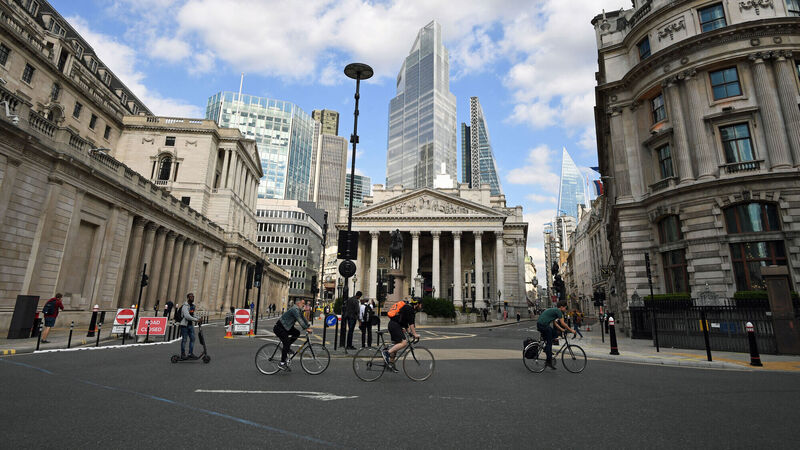Euro’s strength is a concern, says ECB policymaker

Bank of England's investigation into whether negative rates might help the British economy through its current downturn has found “encouraging” evidence. Picture: Stefan Rousseau/PA Wire
A recent strengthening in the euro’s exchange rate is a worry and will warrant a reaction from the ECB if it drags inflation farther away from its goal, ECB policymaker Ignazio Visco said. Mr Visco also denied ECB policymakers were divided on the matter and said his views echoed those of the executive board.
“The euro’s recent strengthening is worrying us because it generates further downward pressures on prices at a time when inflation is already low,” Mr Visco, Italy’s central bank governor, told an event in Trento.











